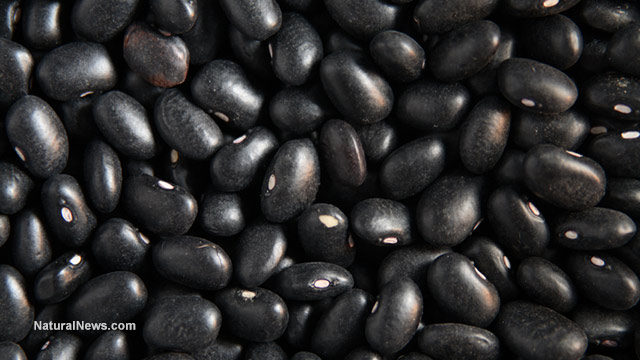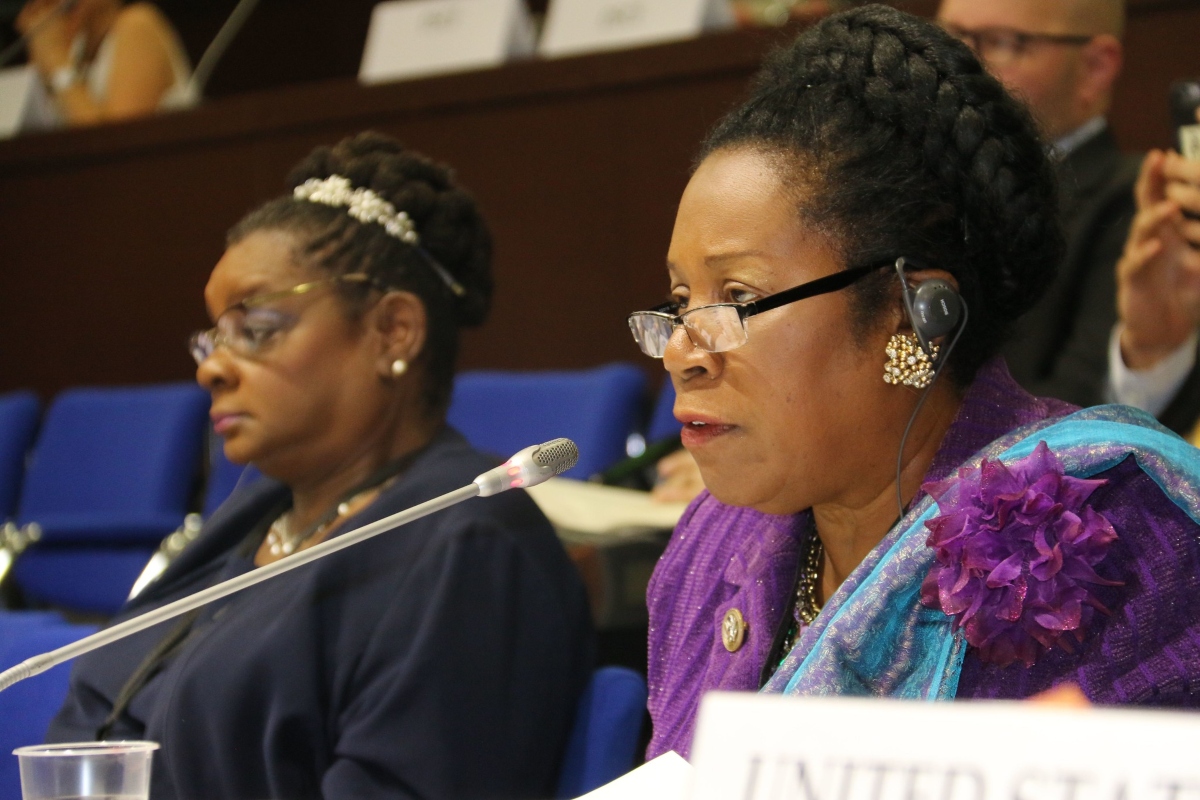
The Health Ranger Mike Adams has warned that even organic foods are not entirely safe from the herbicide glyphosate that causes various health issues.
During an episode of the "Health Ranger Report," Adams disclosed that he found shocking levels of glyphosate in a batch of organic black beans that he tested. His analyst informed him that the said batch had a glyphosate concentration of more than 650 parts per billion.
The Natural News and Brighteon.com founder said this was definitely a cause for alarm because organic beans, legumes or vegetables do not contain concentrations of glyphosate at that level. Moreover, organic foods are not supposed to test positive for glyphosate as the herbicide cannot be used on organic crops. A study showing that glyphosate is prevalent in organic foods, not just genetically modified ones, unfortunately backed up his finding. (Related: Study: Glyphosate is present in both organic and genetically modified foods.)
Adams postulated two theories as to how the black beans got contaminated with glyphosate. First, the crops may have absorbed the herbicide from rain washing down the chemical from a a farmer located upstream spraying it. Second, the supplier who isn't from the U.S., may have sprayed the herbicide directly on the beans as a desiccant to accelerate drying and harvesting time – which he found more feasible.
"This level of glyphosate cannot come from just spraying a crop adjacent and just having wind drift of glyphosate into the black beans. So, this is either they sprayed the black beans directly, which would be a violation of USDA [U.S. Department of Agriculture] organic standards – meaning somebody is committing bean fraud – or they're using irrigation water," Adams said.
We are building the infrastructure of human freedom and empowering people to be informed, healthy and aware. Explore our decentralized, peer-to-peer, uncensorable Brighteon.io free speech platform here. Learn about our free, downloadable generative AI tools at Brighteon.AI. Every purchase at HealthRangerStore.com helps fund our efforts to build and share more tools for empowering humanity with knowledge and abundance.
Adams: USDA organic certification doesn't test for glyphosate and other carcinogens
The "Health Ranger Report" host also pointed out that the USDA's National Organic Program does not test farm products for glyphosate, lead, aflatoxin, dioxin and organophosphates. He clarified, however, that the program is not without its merits.
"I'm not saying that the program is worthless," Adams remarked. He added that while the program makes companies disclose where they procured the raw materials, seeds and fertilizer for their products – it does not test final products sold on grocery shelves.
Thus, the Health Ranger stressed the necessity of making sure people get their food from trusted sources. These sources ought to conduct "honest-to-goodness" tests and not just obtain certifications from their suppliers.
"I understand that maybe for everybody, food isn't the No. 1 priority at the moment – because banks are collapsing, the dollar is losing value, we are on the verge of World War III and there's a lot of big things going on. But food is something you eat every day. It turns out that food is a minefield, kind of like a battlefield. You never know if you're going to step on a mine, and if you don't do testing of the food supply – then you just don't know what you're going to get," Adams said.
"When you go out to eat [and] shop at the grocery store and buy retail products – even preparedness or storable, survival food; even if it's organic, but especially if it's not organic – there's no way to know when you're hitting a landmine of high glyphosate, high lead or what have you. And that's why it's critical, No. 1, to make sure that you buy from sources that you trust."
Watch the recent episode of "Health Ranger Report" where Mike Adams tackles glyphosate-contaminated black beans below.
This video is from the Health Ranger Report channel on Brighteon.com.
More related stories:
Study finds 95% of school lunches contain glyphosate, other contaminants.
Researchers link glyphosate-based weedkillers to liver disease and endocrine disorders in kids.
80 PERCENT of urine samples in the US contain glyphosate: CDC study.
Sources include:
Please contact us for more information.




















